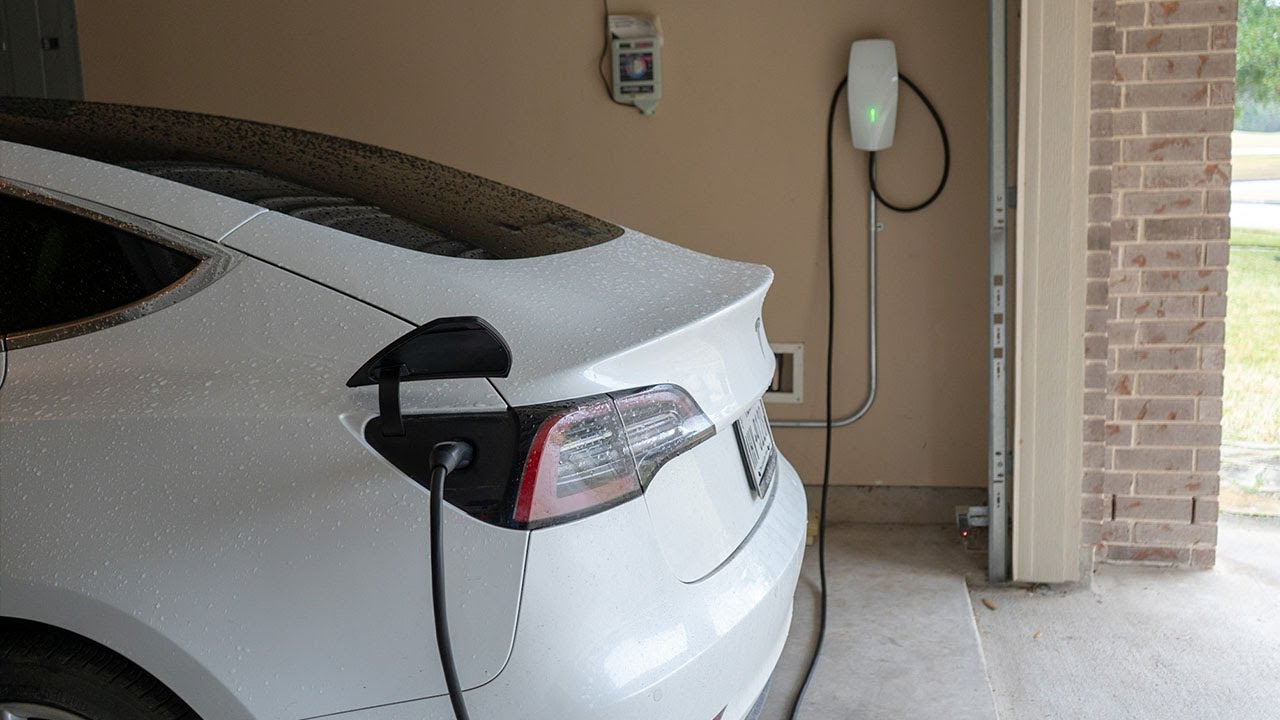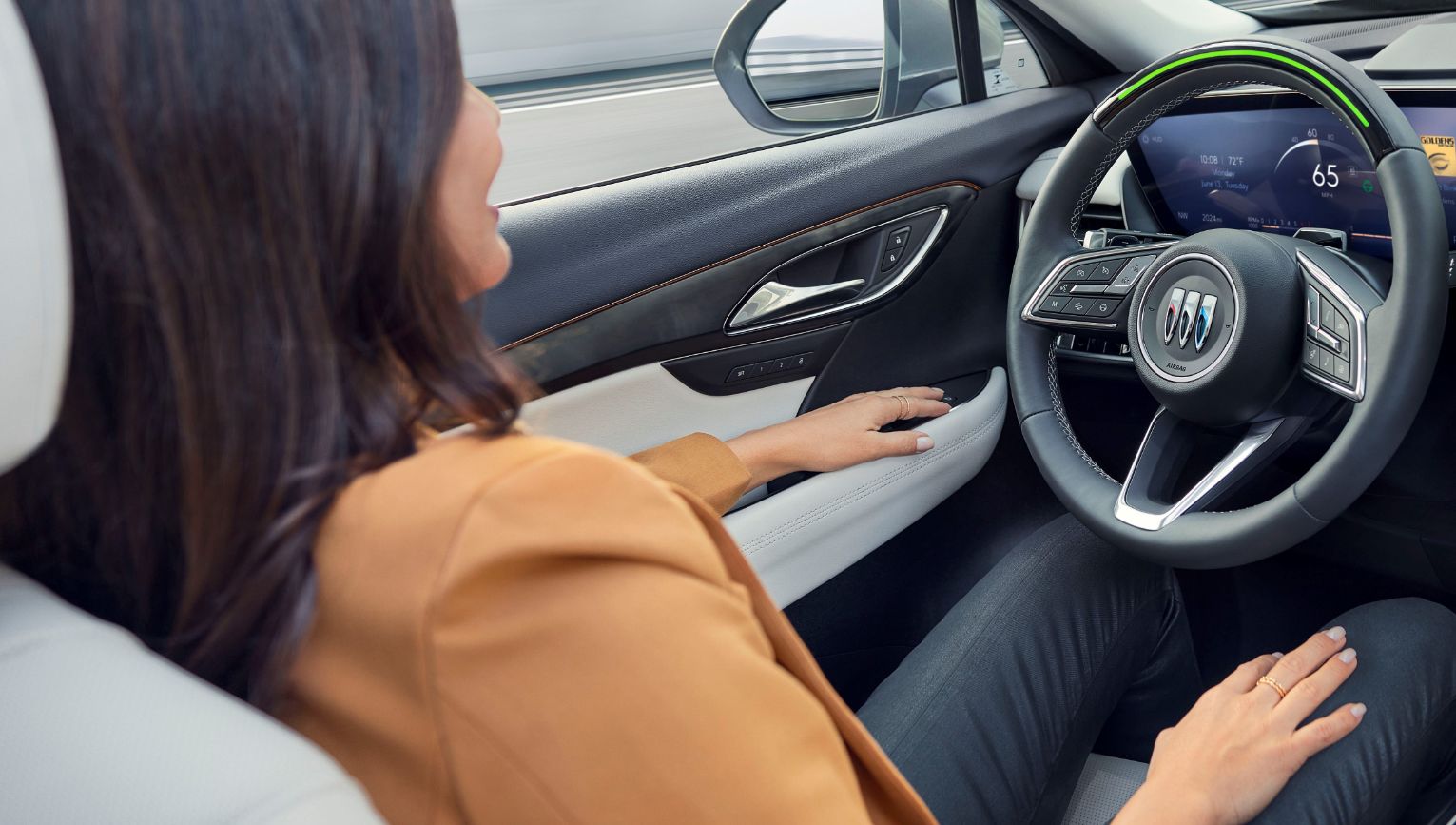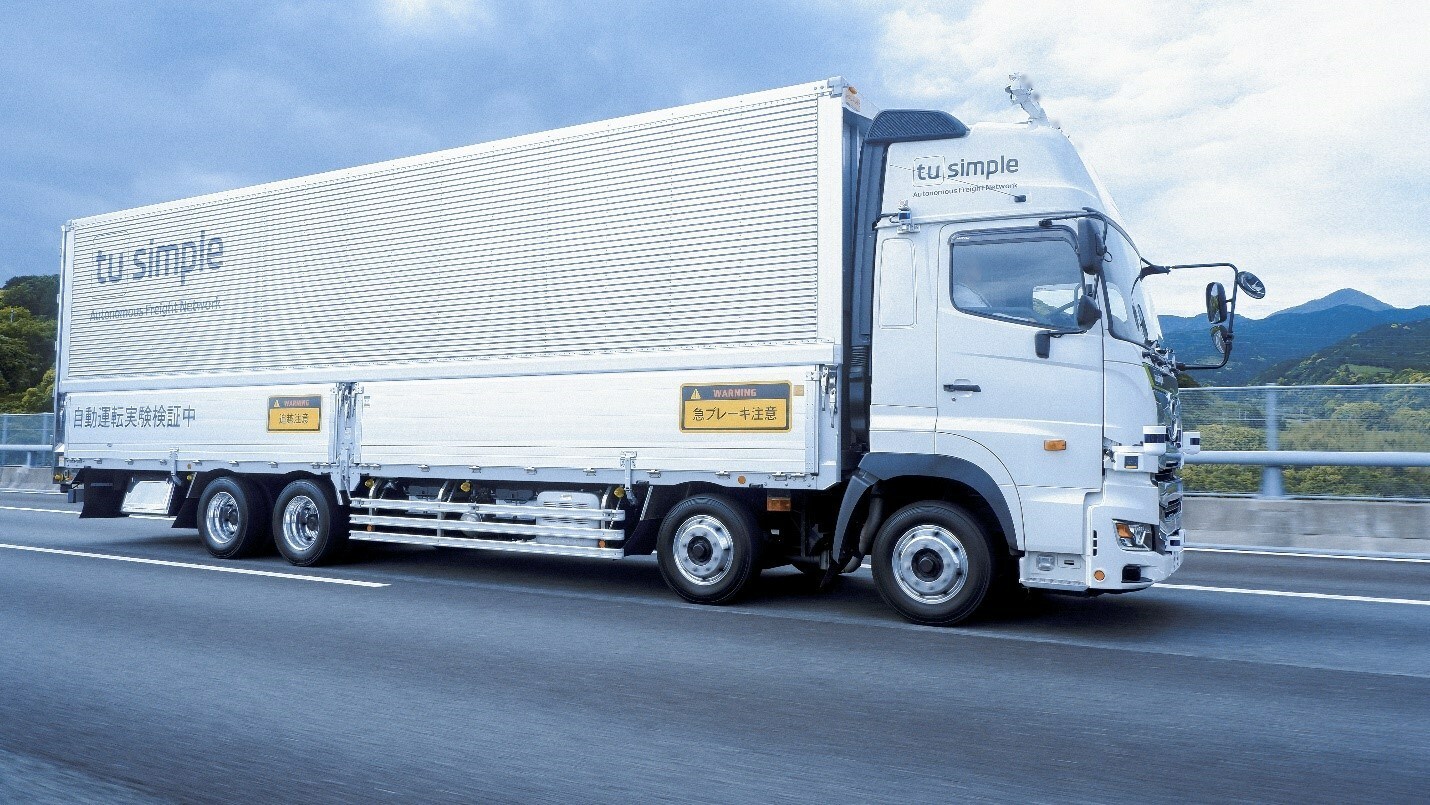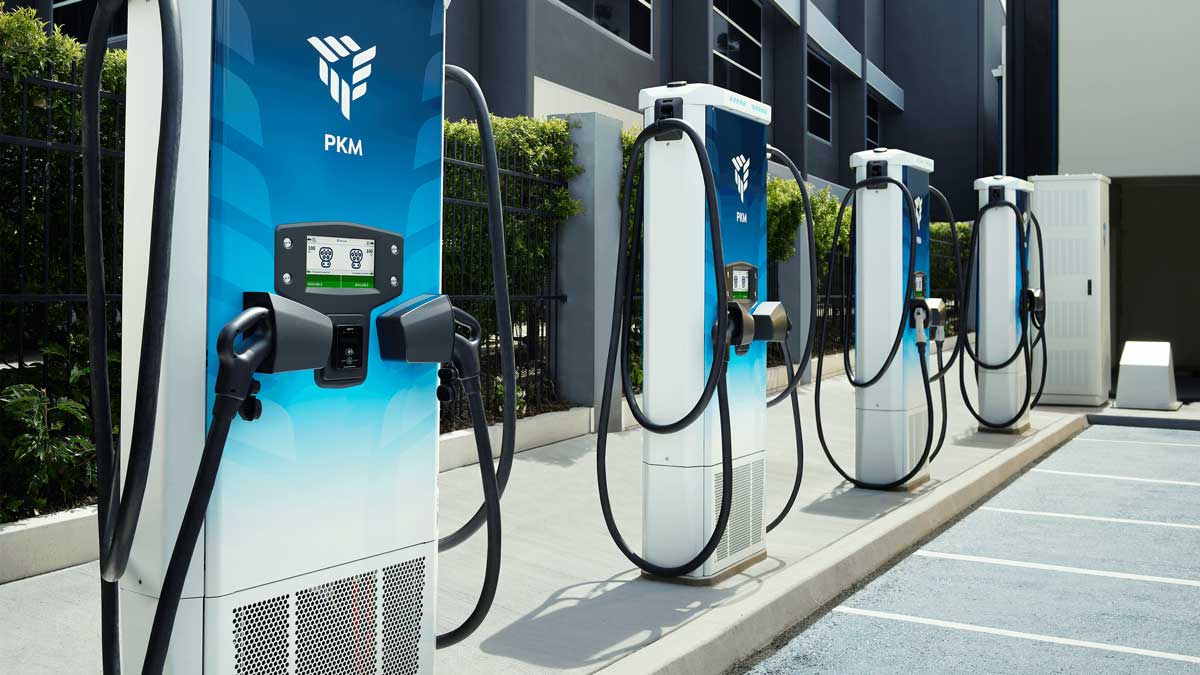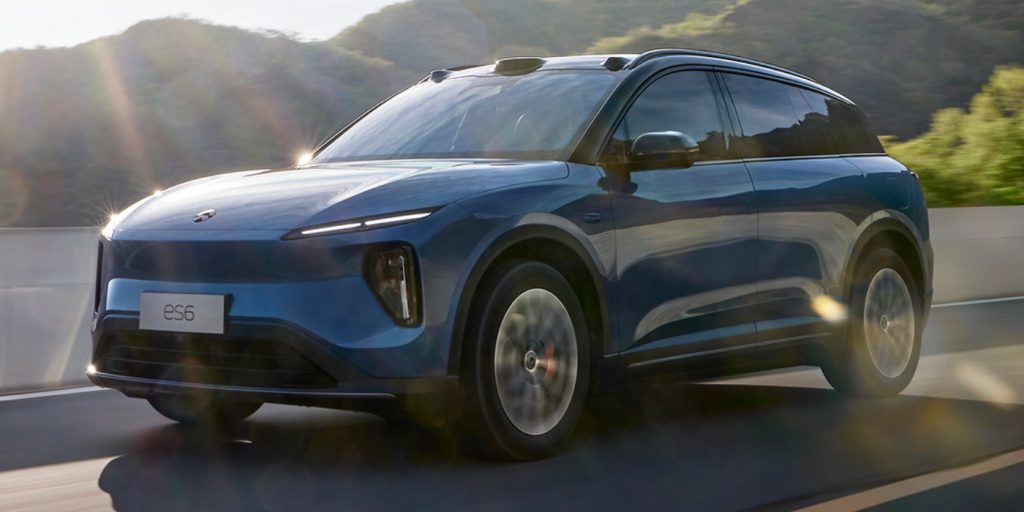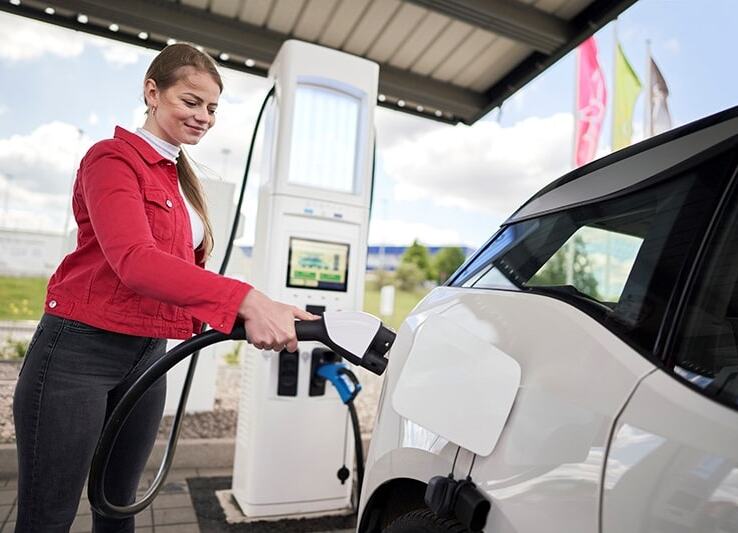The implementation of post-Brexit regulations, requiring European automakers to source a higher percentage of electric vehicle components from either the United Kingdom or the European Union, could result in significant financial losses and decreased production, according to a prominent industry association. On Tuesday, the European Automobile Manufacturers’ Association (ACEA) revealed that these rules could potentially cost automakers up to €4.3 billion ($4.7 billion) in tariffs.
As per the EU-UK trade deal after Brexit, electric vehicles must contain 45% content from the EU or UK starting in 2024. Additionally, battery cells and packs must meet a 50-60% requirement. Failure to comply with these regulations would subject the vehicles to import tariffs of 10% imposed by either the UK or EU.
The ACEA has called for a three-year extension of the rules, contending that Europe needs additional time to establish its battery capacity. Presently, automakers heavily rely on imported battery cells and materials from Asia. Should the rules be enforced without delay, European manufacturers would be obligated to pay €4.3 billion in tariffs to the UK government over the course of three years. Considering that the UK accounts for nearly a quarter of EU electric vehicle exports, this could potentially result in a reduction of EU production by up to 480,000 units.
Earlier this month, the ACEA sent a letter to the European Commission, urging a reassessment of the rules of origin for batteries and the negotiation of a three-year extension with the UK. It further noted that only 10% of electric vehicles are expected to meet the new requirements in 2024, leaving EU producers vulnerable to competition from China and other non-EU countries.
In a warning issued last month, Stellantis, a leading European automaker, expressed concerns that British car plants could face closure if a swift renegotiation of the Brexit deal is not achieved.
The European Commission maintains that these rules are designed to bolster the development of a robust battery value chain within the EU and highlights that Brexit has altered the trade relationship with the UK. Stefan Fuehring, a European Commission official responsible for overseeing the EU-UK trade agreement in the post-Brexit era, emphasized during a conference last week that the EU rules of origin remain “fit for purpose” and that no changes to them are currently under consideration.

